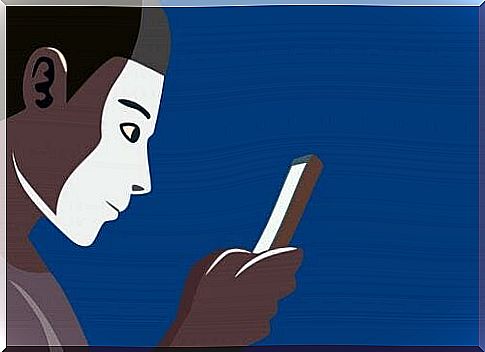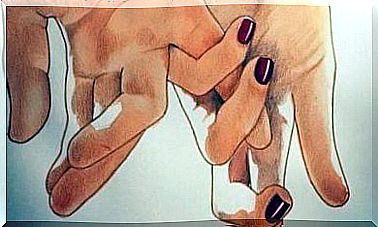Lying On Social Media

Lying on social media, as in all other areas of our lives, is constantly invading us. There are actually several scientific branches that explain the effect of lies in everyday communication.
Sociologists, anthropologists, psychologists, physicists, and mathematicians have all studied lies from their perspective. Specifically, they tried to understand what the purpose of lying on social media is and how these lies affect us. In addition, they studied the parts of the brain that are used to lie.
Mathematics and lies on social media
Rafael A. Barrio of the Institute of Physics at the National Autonomous University of Mexico (UNAM) conducted an interesting study. It revealed that people lie on social media just as often as they do elsewhere.
This was an international study. The investigators used a dynamic opinion model using a large telephone network that reached across Europe. In particular, this study sought to examine the role that lies play in social networks.

This study, which analyzed the interactions between humans, was conducted through a dial-up system that reached seven million telephones.
The study highlighted that lies are essential elements that maintain the essence of most human relationships.
“Even though we as children learn that lying is a bad thing and that we must be honest, we still learn to lie. Sometimes in sophisticated ways, but we do it constantly. It is also something that other primates, such as chimpanzees, do, ”said Barrio.
Types of lies on social media
In their article “The effect of deception in social networks” the authors of this study said that there are two types of lies on social networks:
- White or prosocial lies.
- Black or antisocial lies.
As most have already understood, white lies have a positive and innocent meaning. However, black lies have a harmful and offensive effect. We usually tell a white lie for a good reason and not to negatively affect the other person. On the other hand, black lies have negative intentions.
Among the findings published in the journal Proceedings of the Royal Society B: Biological Sciences , the researchers found that:
- White (or prosocial) lies on social networks where the recipient benefits from the lack of truth can balance and bring a group together, create a variety of opinions in the group in general, and help maintain broad social relationships.
- However, black (or antisocial) lies on social networks are only selfish and for the benefit of the source. They can break ties as they encourage mistrust. In particular, they are harmful because they cause a sense of deception that can disrupt the entire network and destroy commitments.
Why do we lie on social media?
With sociability comes deception. Our brain can handle multiple relationships with others through lies. If we are honest all the time, our bonds with others would not be as strong. In other words, it is a technique that we use to relate to several people at the same time.
As time goes on and the network has taken the form of a balanced social structure, people lie no less. In fact, they lie more. However, it is still the case that the number of antisocial lies that are harmful is declining.

If I lie, I will not be isolated
People who are always honest risk being isolated as they are more susceptible to hurting others with the truth. In particular, these people are characterized by being pushed out of society and not having many friends. This is because they tend to say exactly what they are thinking without fear.
In addition, many people usually find these people’s comments inappropriate or unpleasant. Therefore, it is not always the best idea from a social point of view to be honest. However, honest people have the respect and trust of other people, which is what makes it a virtue.
We can not say that people are liars. Rather, we sometimes lie because it is convenient. The reason we lie is that we are social beings. Our society is made up of many groups of people with whom we constantly interact. In addition, we want to benefit from these groups as much as possible on both a social and emotional level.
Social networks have many advantages and disadvantages. The worst thing about them is that we hide so much of our true selves that we eventually create false experiences.









